Pezeshkian should build on Raeisi’s legacy of self-reliance amid sanctions: Analyst
By Alireza Hashemi
Iran’s next president must strategically build upon the foundation laid by late President Ebrahim Raeisi entailing a steadfast approach to circumventing sanctions and fostering robust ties with nations beyond the Western sphere, says a political commentator.
Reza John Vedadi, a London-based filmmaker and academic, in an interview with the Press TV website, said such a stance in the face of Western sanctions is not merely a choice but a necessity.
President-elect Masoud Pezeshkian, who emerged as a winner in the July 5 presidential runoff election, will assume office in the next few weeks following his validation and subsequent inauguration.
Vedadi underscored the importance of the president-elect's approach to Western relations, especially concerning the nuclear deal and sanctions relief.
He noted that Western nations have followed a trend of shifting their expectations and betraying trust, despite Iran's cooperative approach to resolve outstanding issues.
The JCPOA's trajectory serves as a stark reminder: initial non-compliance by the US in sanctions relief and the subsequent withdrawal under President Trump, which left the agreement in limbo, he said.
“In hindsight, this experience has reinforced the perception among Iranians and other Global South nations that the US and European countries cannot be trusted to uphold their promises, even in international agreements,” the London-based analyst told the Press TV website.
“This sets a precedent that these countries need to rely more on themselves and other emerging nations as the world moves towards a multipolar order.”
Vedadi called on the incoming president to follow the strategies adopted by President Raeisi, who adeptly navigated sanctions to boost Iran's oil exports and revive the country’s economy.
“President Raeisi managed to circumvent sanctions and boost Iran’s oil exports and economy over the past three years. In contrast, under President Rouhani, the economy and oil sales suffered as the administration waited for Western countries to provide concessions,” he asserted.
What is President-elect Pezeshkian's stance on Iran’s foreign policy priorities?
— Press TV 🔻 (@PressTV) July 12, 2024
By Alireza Akbarihttps://t.co/otUwmWqAI6 pic.twitter.com/8us0wDc6DD
Vedadi advocates for applying pressure on Western countries to fulfill their JCPOA obligations while simultaneously broadening economic partnerships with non-Western states.
“The incoming president should leverage the bargaining position that President Raeisi built, applying pressure on Western countries to resume their JCPOA commitments while expanding economic ties with neighboring countries, Russia, China, and others,” he stated.
“Alternatively, reverting to a strategy of waiting for Western concessions could lead to economic decline and hardship for the Iranian people.”
Vedadi lauded Iran's diplomatic milestones, such as joining BRICS and the Shanghai Cooperation Organization and mending ties with Persian Gulf countries such as Saudi Arabia.
“Iran's membership in BRICS and the Shanghai Cooperation Organization were major achievements. The reestablishment of diplomatic relations with Saudi Arabia, an influential regional player, was also a significant milestone,” he remarked.
“Furthermore, Iran began rebuilding relationships with old allies such as Egypt and others, improving relations with all its neighbors and increasing the export of goods and services to these countries.”
Former Foreign Minister Hossein Amir-Abdollahian's role in these developments was pivotal, as he cultivated strong alliances around the world, presenting a dignified and proactive Iranian foreign policy.
“His diplomatic efforts presented an intelligent, respectful, and courageous face of Iranian foreign policy that had been missing for many years. Under his leadership, Iran stopped begging the West for acceptance and instead forged ahead by building new relations and strengthening older ones,” Vedadi said.
President-elect Masoud Pezeshkian invites the regional Arab countries to engage in “constructive dialog” and joint endeavor with Iran toward enhancement of unity, security, and prosperity across the region.
— Press TV 🔻 (@PressTV) July 12, 2024
Read more: https://t.co/A9LQa9Lfao pic.twitter.com/6ZZRMCL27H
Beyond diplomacy, Vedadi emphasized the need for Pezeshkian to address economic stabilization and infrastructural progress to ensure Iran's continued growth and stability.
“These were key areas that former President Raisi worked tirelessly on, and I believe the fruits of his detailed planning and hard work will be evident in the next 12 months,” he noted.
Vedadi explained that significant progress has been made in areas such as housing, reducing bureaucracy, and completing infrastructure projects during President Raeisi’s three-year tenure.
“Under President Raeisi, significant strides were made in housing, with the construction of 2.6 million homes under the Maskan Mehr project, setting a new record,” he elaborated.
“The process of obtaining trading licenses was streamlined through an online system, effectively reducing bureaucracy. Additionally, Raeisi restarted hundreds of manufacturing units and completed several hospitals and water purification infrastructures alongside a crucial railroad connecting Iran’s south to the north.”
Vedadi posited that Pezeshkian's presidency can nurture economic resilience and growth by building on President Raeisi's accomplishments and learning from past experiences.
“Ultimately, the new president's choices will be crucial. Continuing the current strategy could foster economic resilience and growth, whereas relying on Western goodwill might return Iran to a period of economic stagnation and vulnerability,” he said.
“The well-being of the Iranian people hinges on the new administration's ability to navigate these complex geopolitical dynamics effectively.”
All US bases, mercenaries within Iran’s reach: Leader’s representative
VIDEO | Lebanon parliament discusses budget in light of deep rifts
Regional states reject use of their territory against Iran
VIDEO | Israeli military destroys Gaza cemetery, scattering remains of over 700 graves
Iran ministry slams EU’s blacklisting of IRGC as 'Illegal, hypocritical'
Hamas blasts Western media for blindly defending false Israeli narrative
ElBaradei condemns US threats of military action against Iran
VIDEO | Red the only colour in Gaza


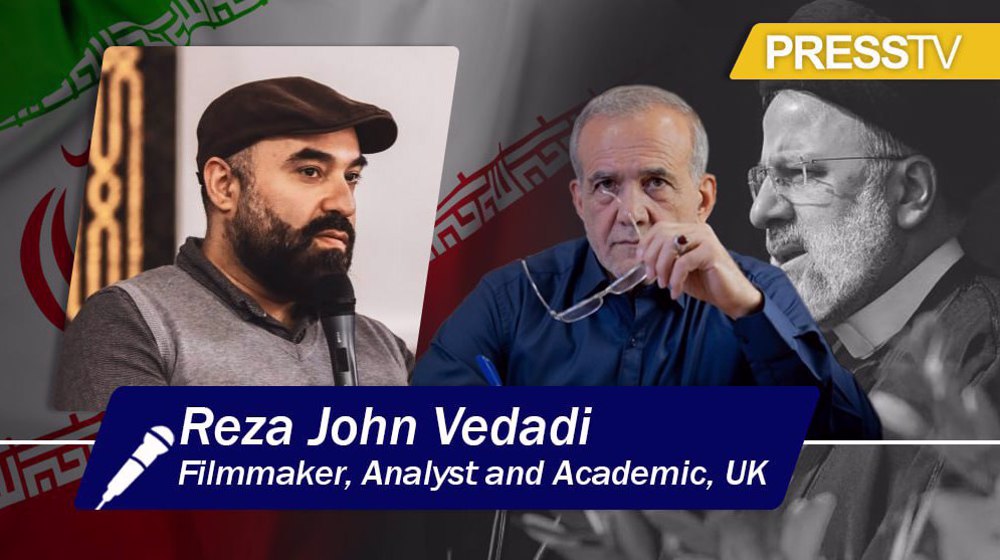
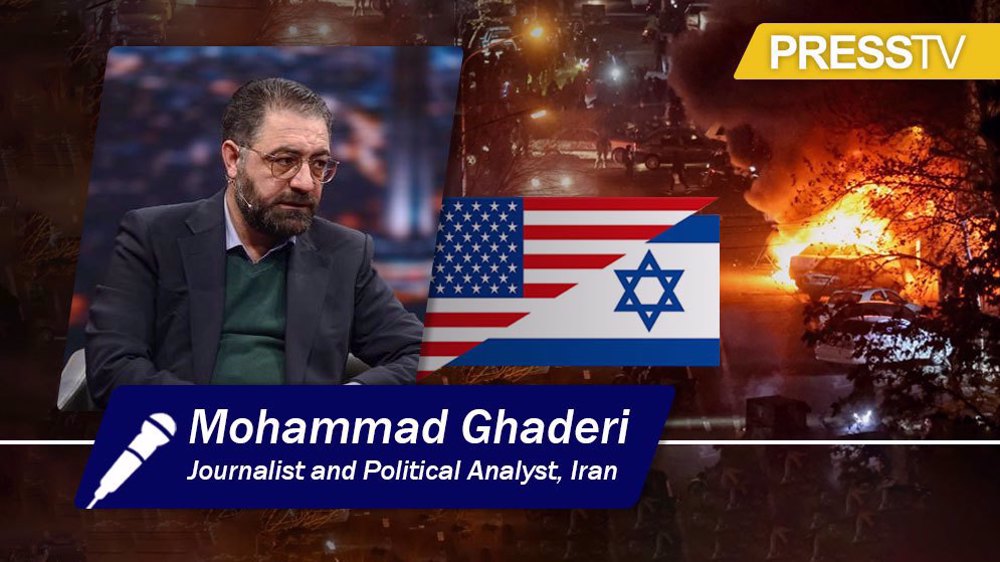
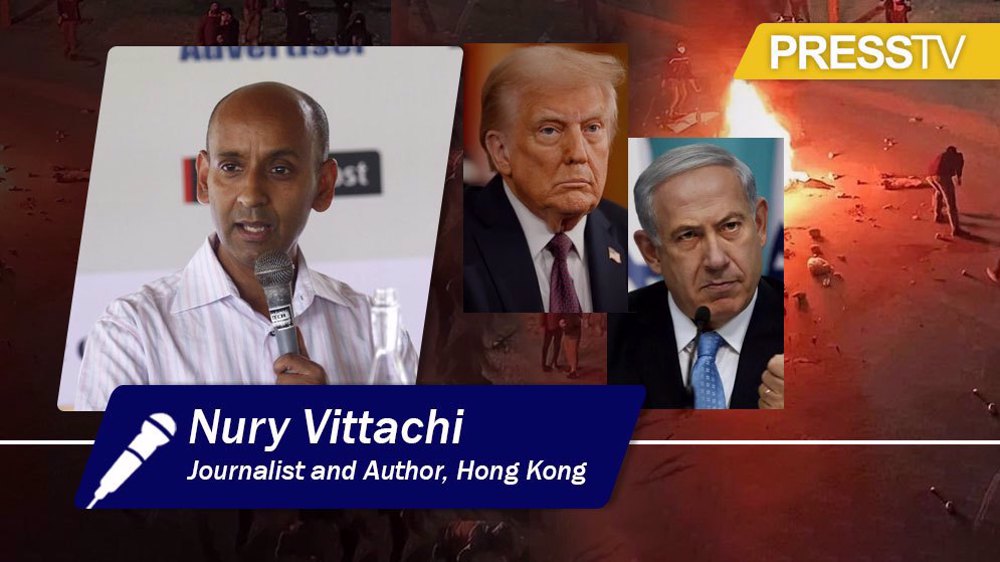
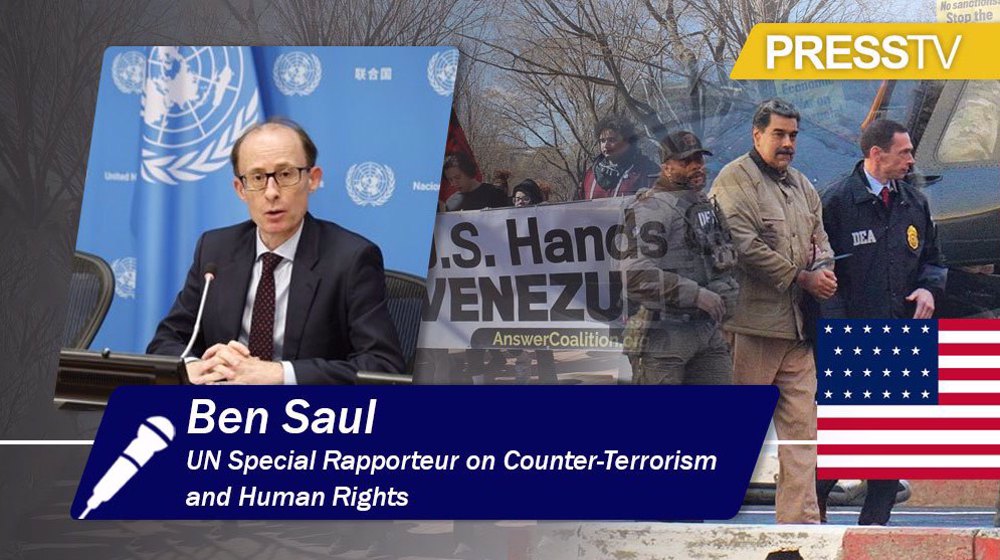



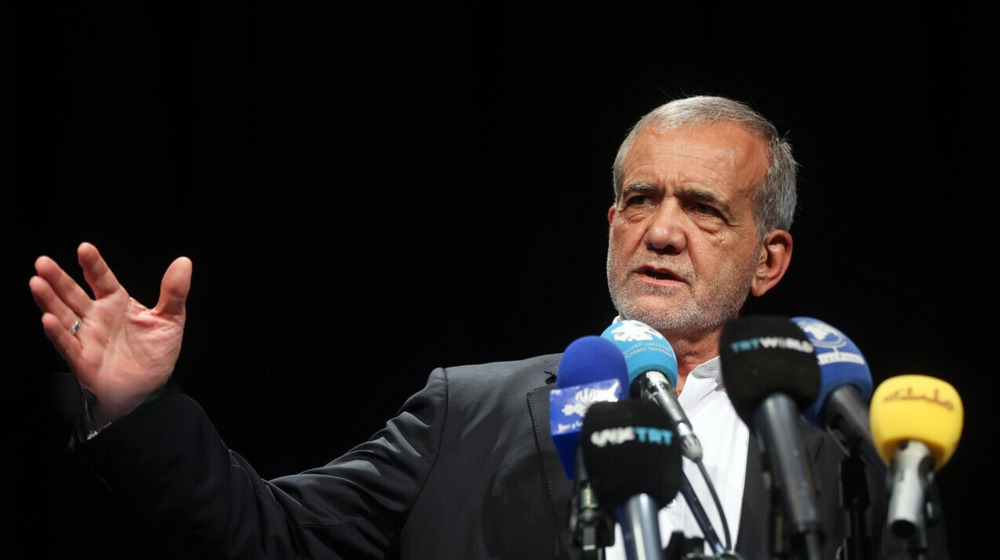
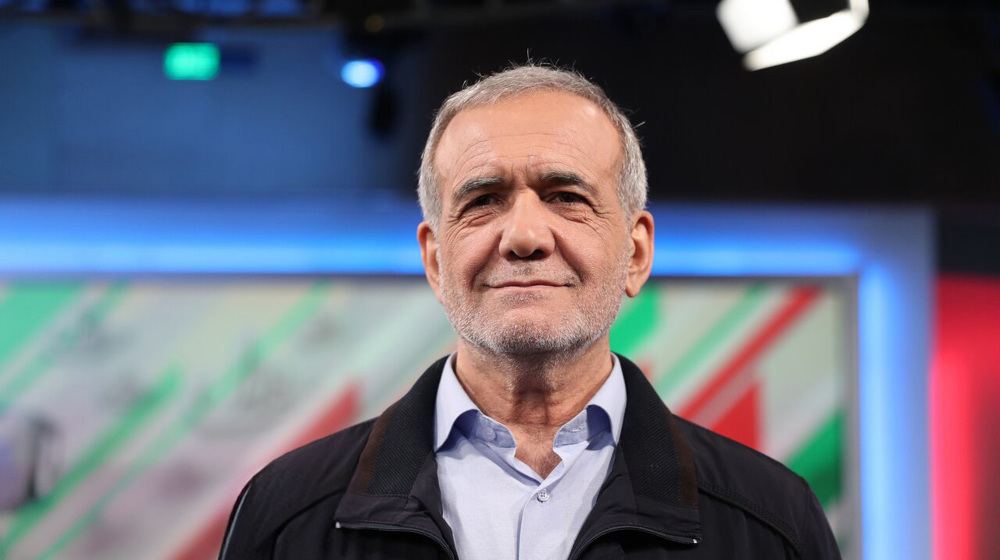
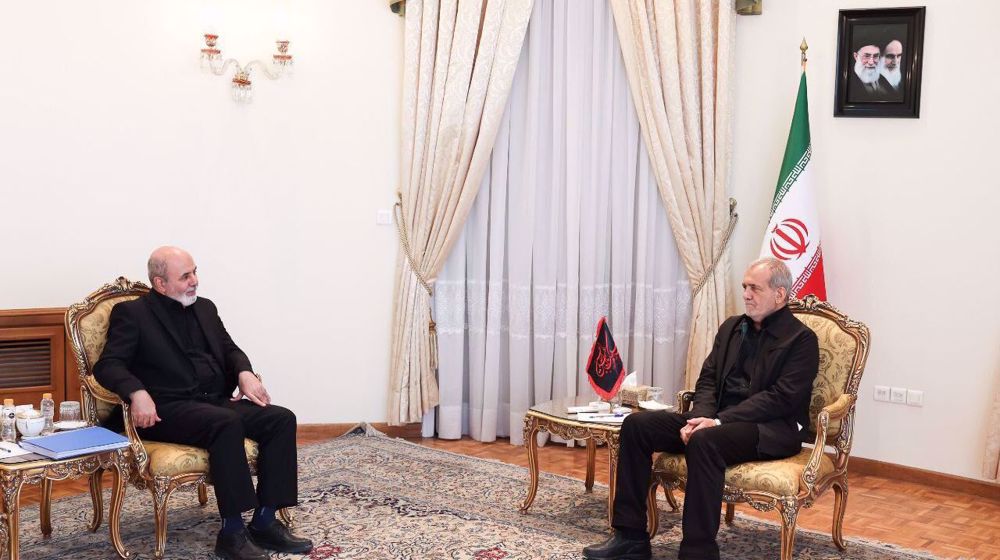
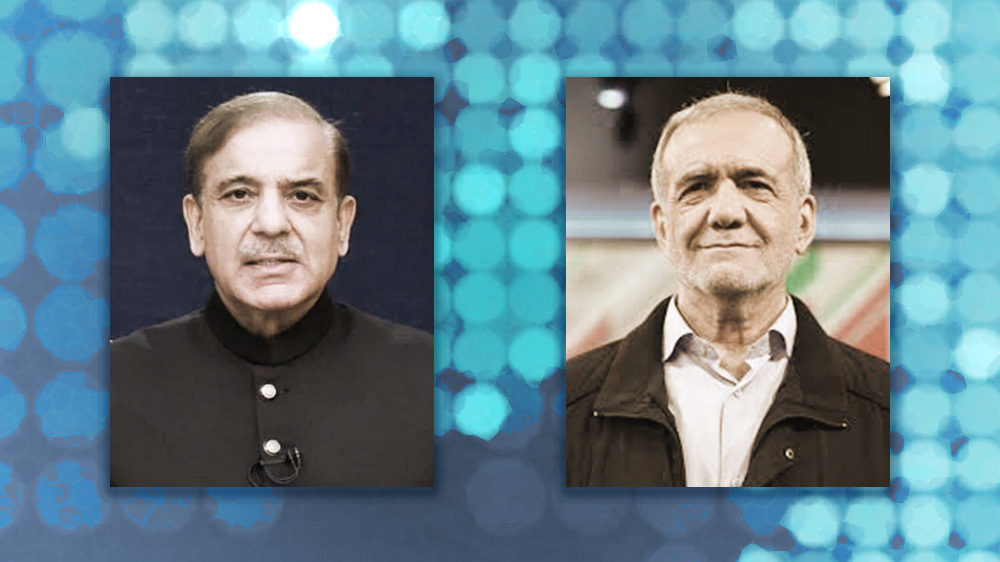
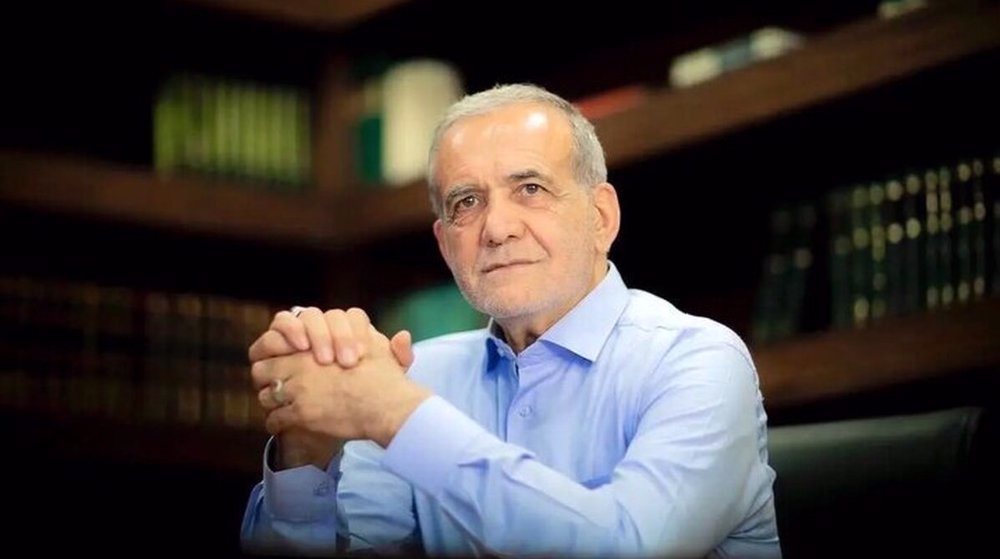

 This makes it easy to access the Press TV website
This makes it easy to access the Press TV website